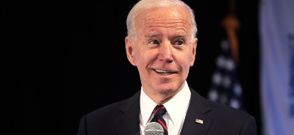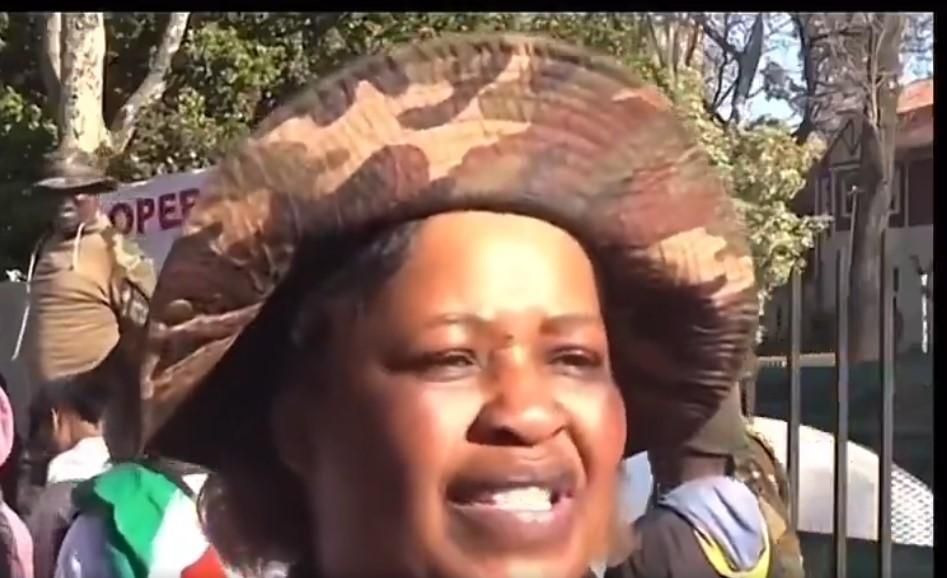A viral video featuring a South African woman's xenophobic rant has ignited outrage on X,…

US Travel To Launch Initiative Highlighting Impact of Visitor Visa Wait Times
The U.S. Travel Association continues to harp on what it considers to be a lack of action on the Biden administration’s part when it comes to visitor visa wait times.
On Tuesday, the organization revealed new data highlighting the potential impact of current visa interview wait times exceeding a year for the country’s biggest inbound markets and announced a new effort launching the week of November 28 designed to highlight the voices of those most affected, including potential travelers from overseas and U.S. businesses.
ADVERTISING
According to U.S. Travel, visa interview wait times for prospective travelers from the country’s key inbound countries, including Brazil, India and Mexico are now 317, 757 and 601 days respectively.
Based on this, U.S. Travel projects that the country will lose nearly 7 million potential visitors and as much as $12 billion in spending in 2023 alone. Additionally, a recent forecasting analysis conducted by Tourism Economics predicts that inbound travel is projected to remain far below pre-pandemic levels in 2022 and 2023, ultimately resulting in a loss of nearly 50 million visitors and $140 billion in inflation-adjusted travel spending through the end of 2023.
“The forecast is further proof that the U.S. simply cannot afford to turn away high-spending international travelers,” U.S. Travel Association President and CEO Geoff Freeman said in a statement. “While other economic factors may be out of our control, reducing visitor visa wait times is easily within the Biden administration’s reach if only they would make it a priority.”
In an effort to spark a speedy and effective response from the State Department, the “They Wait, We Lose” campaign will include a custom website available in multiple languages featuring testimonials, statements of missed business opportunities, fact sheets and data that detail U.S. economic losses due to excessive wait times and policy priorities to prompt positive change.
The new initiative will also feature prominently on social media accompanying the hashtag #TheyWaitWeLose.
“A year ago, the images of planes and travelers headed to the U.S. were cause for celebration after nearly two years of border closures,” added Freeman. “Today, a full year since that joyful moment, a massive visa backlog has driven many of our potential visitors to go elsewhere. It’s a setback the Biden administration should be fully committed to solving.”




